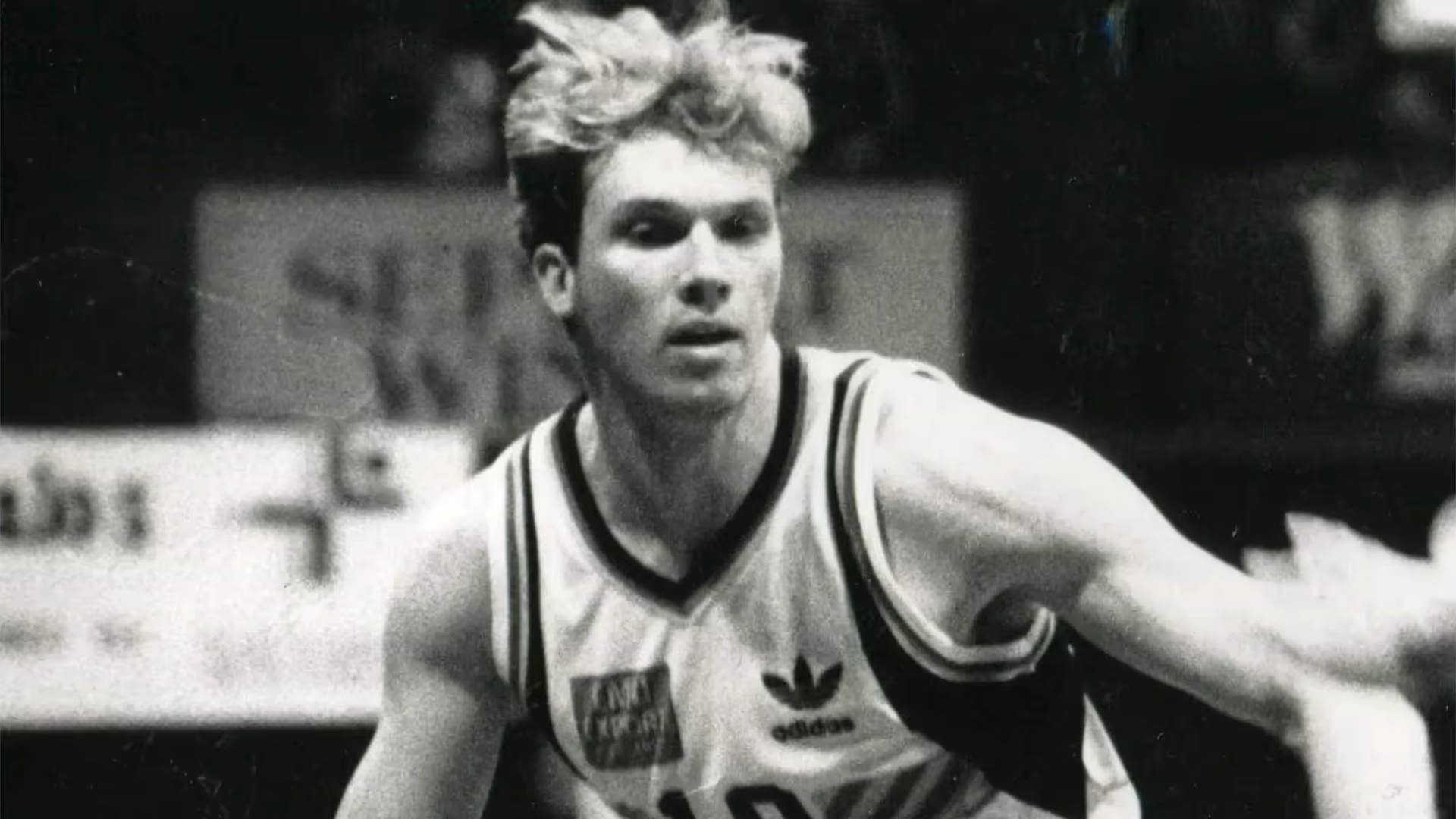.webp)
Sign Up / Sign In
.png)
Profile
Account
Trevor Torrance reflects on his journey

Former Perth Wildcat Trevor Torrance discussed his experience as a gay athlete in the 1980s and 1990s with SEN.
Trevor Torrance’s basketball career reached levels most burgeoning young pros can only dream of. Torrance graced the NBL court over 300 times in his decade-plus career and was a crucial part of a consistently title contending Perth side throughout the 1980s and 1990s.
But that was only half the story.
Torrance endured the homophobia, abuse and misunderstanding the gay community was subjected to in his days as a professional basketballer and, following his retirement prior to the 1996 season, he came out as gay away from the elite sporting arena, in a time where it was less accepted to be a member of the LGBTQIA+ community.
“The reality of it is when I was playing – which was the 80s and 90s – there was only one gay sportsperson out there which was (rugby league player) Ian Roberts at the time,” Torrance reflected.
“The 80s and 90s was also when HIV and AIDS hit the community. With all of that there was just so much fear, we had the grim reaper and all of that being thrown around in the community and no one knew how you could catch it, so there was a lot of rumours around that it could be through saliva and sweat and stuff like that.
<iframe src="https://omny.fm/shows/nbl-radio-interviews/trevor-torrance-on-sen-january-17-2024/embed?style=artwork" allow="autoplay; clipboard-write" width="100%" height="180" frameborder="0" title="Trevor Torrance on SEN - January 17, 2024"></iframe>
“Being an athlete there was no way, - even though I knew I was gay - there was no way I could own it.
“The community at large, I think, there was a lot of homophobia – even more than there is now and I just didn’t have the courage at that point in time and I felt like I might compromise that if I did step out.”
While Torrance is best remembered for his nine seasons as a Wildcat, he retired from the professional game after two seasons as a member of the now defunct Gold Coast Rollers.
His first season with the Rollers saw him step out of the shadow of some of his accomplished Wildcats teammates to pull together one of the best individual seasons of his career, and he says he needed to leave Perth to be himself.
“I think the whole of the country was less accepting but when you’re famous, still now I walk around Perth and people recognise me which is really wonderful and incredibly humbling,” Torrance said.
“But when I was playing I could be walking down the street and people would yell abuse from cars, I remember being on stage once and there was complete silence and somebody just yelled out ‘faggot’. There was a fear of going back home, I just didn’t feel like I could be the person and just explore myself.
“I was living on the Gold Coast and I’d gone through two, maybe three rounds of quite heavy depression over a ten-year period and I couldn’t do it anymore.
“There was almost a level of ‘I won’t survive if I don’t start owning up’. For me, that meant stopping playing so I retired and moved to Sydney thinking it’s the gay mecca, so at least I felt more at home.
“Sport plays a big role, sport in Australia is part of our passion, what Australians are predominantly known for is our sport and there’s huge expectations that come with that about how you should act and how you should be and I think that is what silences people.
“I think a larger point is that identity is massive, and when you’re a sportsperson you’re constantly having to deal with your own personal identity and the identity the public sees you as. We live in a world now where identity can be so many different, fluid things so the desire or hope for me is we start to live in a society where we don’t judge.”
Torrance has called on people to try to have more open conversations with friends and family who may be struggling with their sexuality, and hopes that will start a shift towards a more accepting society.
“I think if we lived in a society where you could just rock up and no one could judge you and you could just be your whole self it would be fine, but I don’t think we’re in that society,” he said.
“The biggest way you can help out is have the conversations. Help people if you can see them being challenged, it’s very subtle but I think from a Pride Round perspective go and support the games, support pride, support the teams, and do whatever it takes.
“I think there are a lot of people out there that struggle, particularly youth, but there is a whole generation of people coming through, thankfully, who are a lot more accepting. All we can do is hoping all the generations mingle.”







